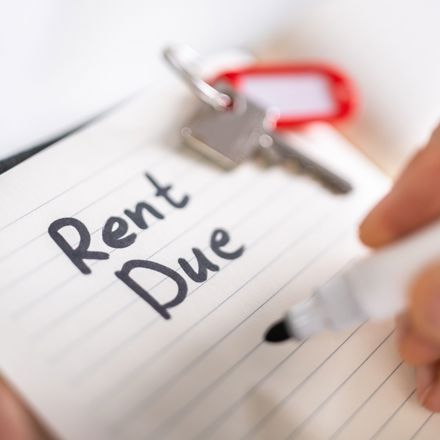Rent increases are not random. They reflect rising costs for landlords, including council rates, insurance, mortgage interest, and property upkeep. While some pressures may ease, most remain persistent, which is why annual reviews are standard across New Zealand.
The Real Costs Behind Rent
Rent covers much more than landlord profit. It includes a mix of costs that have risen sharply in recent years.
Council Rates and Local Charges
Across New Zealand, councils have raised rates by 7–12% annually for several years. In some regions, hikes have topped 15% in a single year. Over three years, rates have grown around 34%, outpacing the 13.7% inflation recorded in the same timeframe (Stats NZ).
Insurance Premiums Keep Climbing
Insurance is another major driver. House insurance premiums have risen nearly 25% year on year, with contents insurance up about 28%. Average house cover now costs close to NZ$2,700 annually. Much of this rise reflects climate and natural hazard risks, which increase claims and reinsurance costs.
Mortgage Interest and Financing Costs
Even with the Reserve Bank lowering the Official Cash Rate to 3%, mortgage interest rates remain high. Floating rates sit above 6%, while fixed terms are generally 4.7–5%. These levels are far above pre-2020 conditions, meaning many landlords are still paying significantly more interest than before.
Property Maintenance and Compliance
Upkeep is another ongoing cost. Building materials, labour, and supply chain issues all push maintenance bills higher. Landlords must also fund compliance with Healthy Homes standards, smoke alarms, insulation upgrades, and day-to-day repairs.
How Inflation Shapes Rent Reviews
General inflation has slowed to nearer the Reserve Bank’s 2% target, but costs like insurance, construction, and rates continue to outpace it. Rent increases tend to follow these embedded pressures.
Why Reviews Happen Annually
Most tenancy agreements allow for yearly rent reviews. This aligns with how councils, insurers, and banks adjust their charges, providing both landlords and tenants with predictability.
Tenant Benefits from Well-Maintained Homes
Rent increases help ensure homes remain safe and compliant. They fund Healthy Homes upgrades, insurance cover, prompt repairs, and safety measures like smoke alarms — all of which directly protect tenants.
What Tenants Can Do
- Plan ahead and expect annual reviews.
- Budget and ask your landlord or property manager when reviews are due.
- Talk openly about the reasons behind changes.
- Check if you’re eligible for council rebates or hardship support.
- Consider long-term leases that set expectations for future increases.
For practical advice and handy tools, check out our Tenant & Rentals Hub and Tenant FAQs anytime.
Looking Ahead in 2025
Although inflation is easing and mortgage rates are trending lower, ongoing challenges such as council debt, climate risk, and insurance markets mean pressure is unlikely to disappear. Rent growth is expected to continue in 2025, though more moderately than during the recent peak.
Conclusion
Rent increases reflect real costs, not arbitrary decisions. Rising rates, insurance, interest, and compliance costs affect landlords just as much as tenants. By understanding these pressures, tenants can see the bigger picture and have more informed conversations about rent.
For more information reach out to our Crockers Property Management Team.




